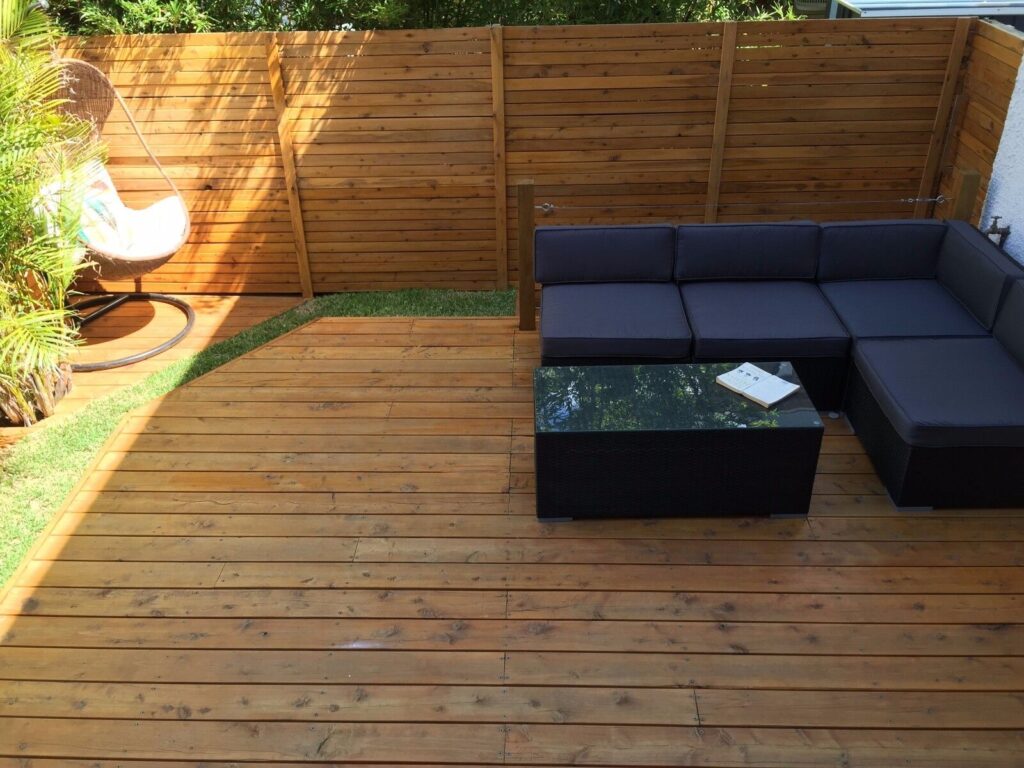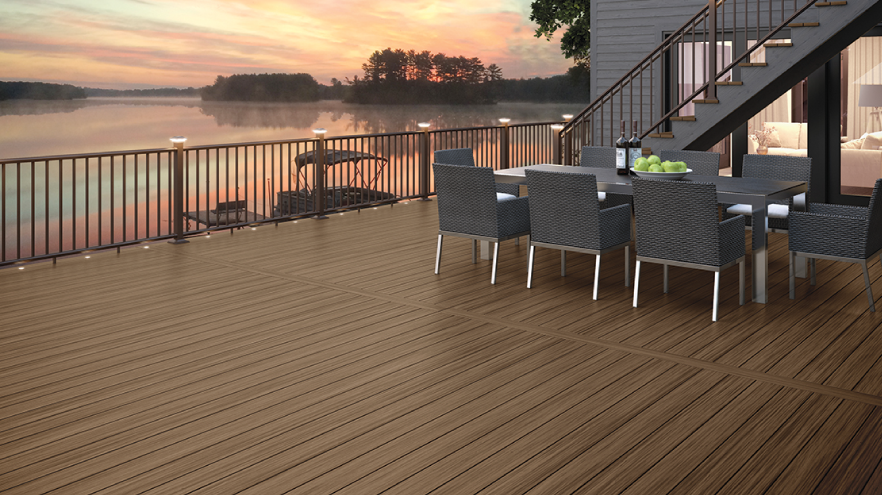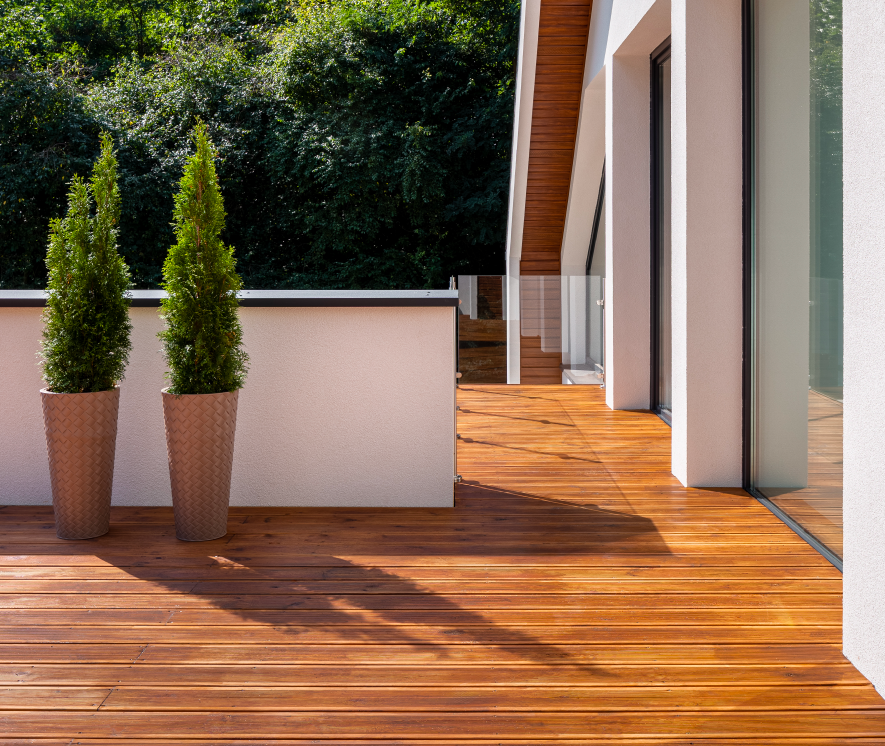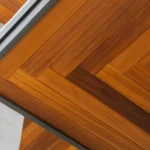Cypress Wood
Does Cypress Wood Rot? Here Is the Answer
Durability is a key factor when selecting materials for outdoor construction. One common question that arises is: Does cypress wood rot? The answer is not only essential for choosing the right material but also highlights the unique properties of cypress wood that make it a popular choice for decking, siding, and other outdoor projects.
Let’s explore cypress wood in detail, discussing its natural resistance to rot, key features, and the many ways it can be used in outdoor construction.
What is Cypress Wood?
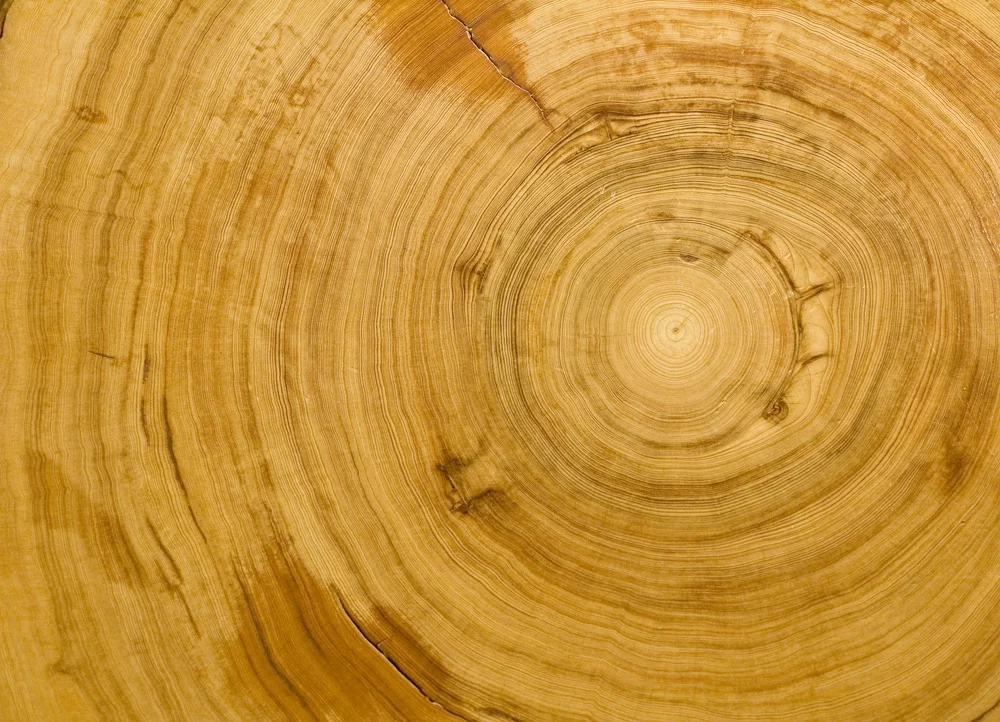
Cypress wood comes from the cypress tree, a type of conifer predominantly found in the southeastern United States. It is a softwood, yet it has properties similar to hardwoods due to its remarkable durability and natural resistance to rot.
Cypress trees produce oils called cypretine, which make the wood naturally resistant to decay, fungi, and insects. This, combined with its striking color and grain patterns, makes cypress popular for outdoor construction projects such as decking, siding, and fencing. Its ability to withstand moisture makes it particularly suitable for humid or damp environments.
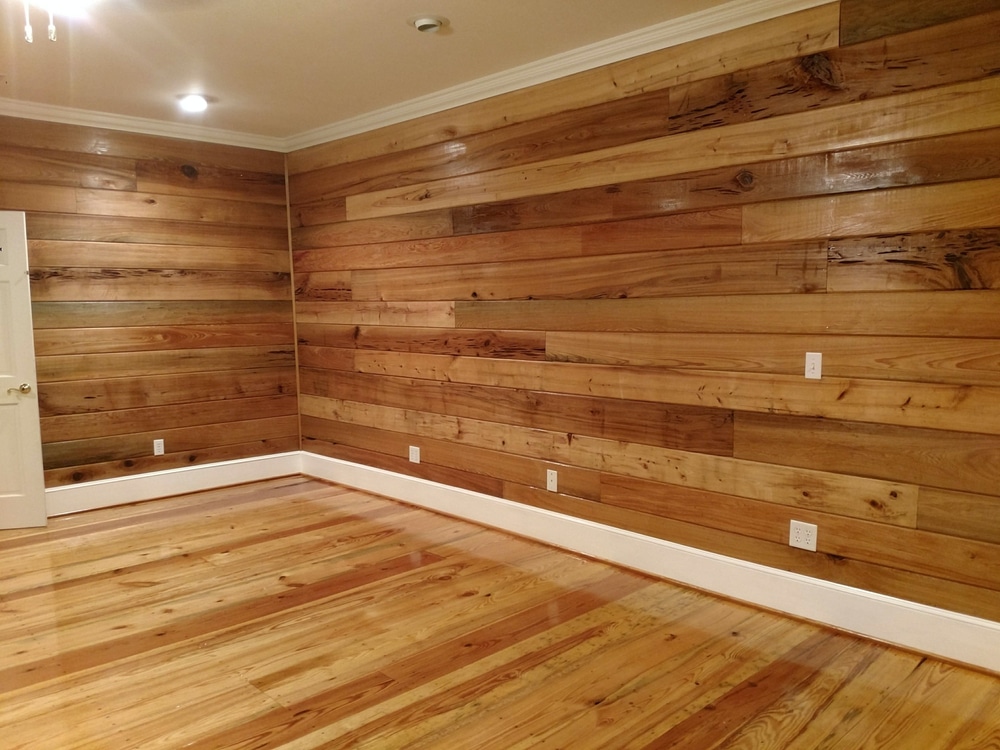
Does Cypress Wood Rot?
No, cypress wood is naturally resistant to rot. This is one of the primary reasons why it has been a favorite material for outdoor construction for centuries. The secret behind this lies in its natural oil, called cypretine, which acts as a protective shield against moisture, insects, and fungal decay. These oils make cypress wood highly durable, even when exposed to harsh weather conditions or placed in moist environments.
Cypress is classified as a “decay-resistant wood”, meaning that it can last for decades with little maintenance compared to other types of wood. This feature is critical when choosing materials for outdoor decks, pergolas, or fences, where exposure to the elements is inevitable.
However, it’s important not to confuse rotten cypress with pecky cypress. This unique and visually appealing form of cypress wood is characterized by its distinctive pattern of natural holes and voids, caused by the fungus Stereum taxodii, which attacks the tree’s heartwood, creating small tunnels or “peck marks” throughout the wood, giving it a distinctive and visually pleasing aesthetic.
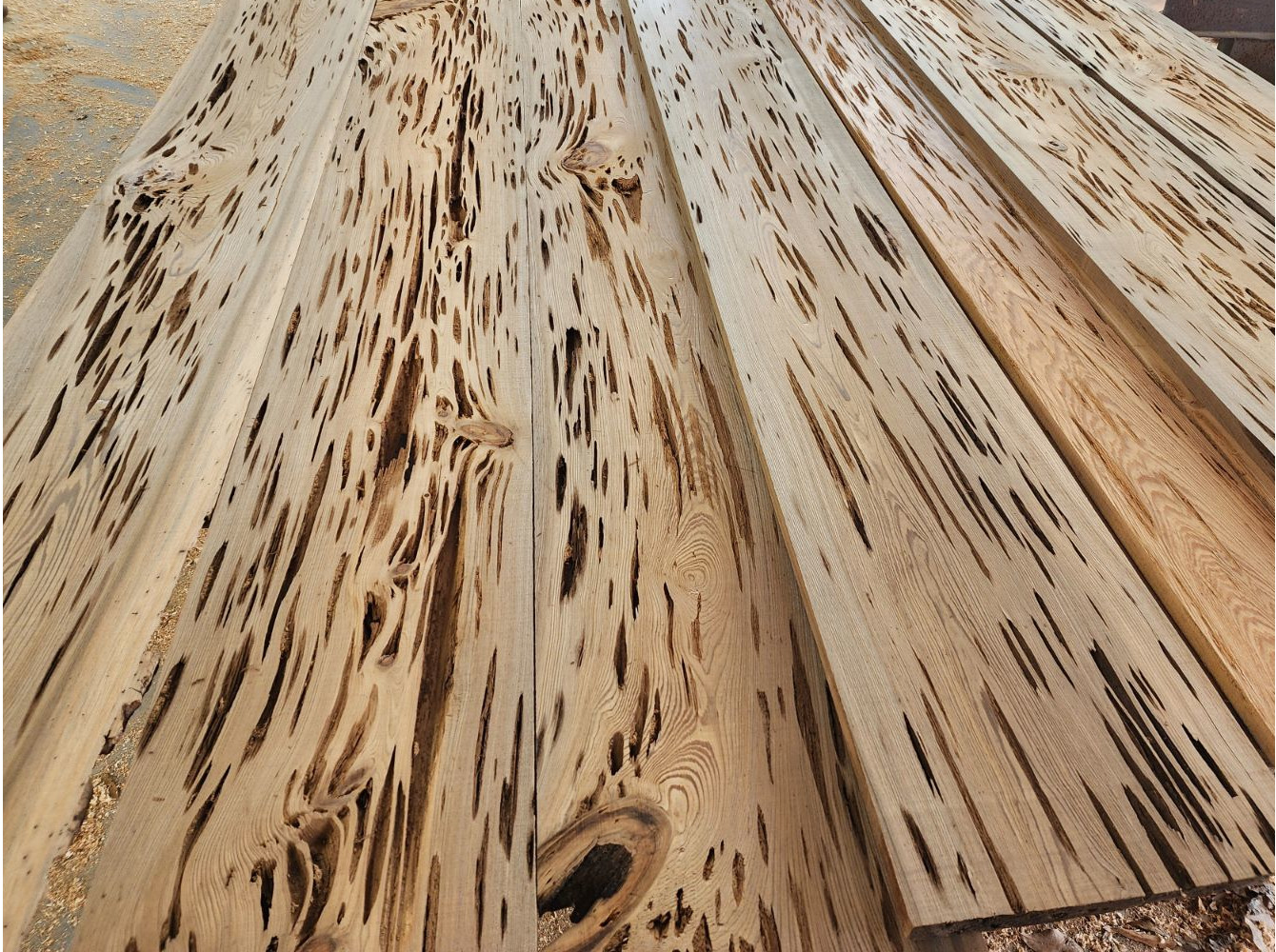
What is Cypress Wood Used For
Cypress wood stands out for its natural resistance to rot, thanks to the oil cypretine, which protects it from moisture, insects, and decay. This makes it highly durable for outdoor use, lasting years in harsh conditions. Here are some of the most common uses:
1. Decking
Cypress wood is a popular choice for decking because of its durability and ability to withstand constant exposure to the elements. Its rot-resistant properties ensure that your deck will stay in great condition for years with minimal maintenance.
2. Siding
Cypress wood is often used for siding in both modern and traditional homes. Its natural oils protect it from moisture, making it ideal for exterior walls, especially in areas with high humidity.
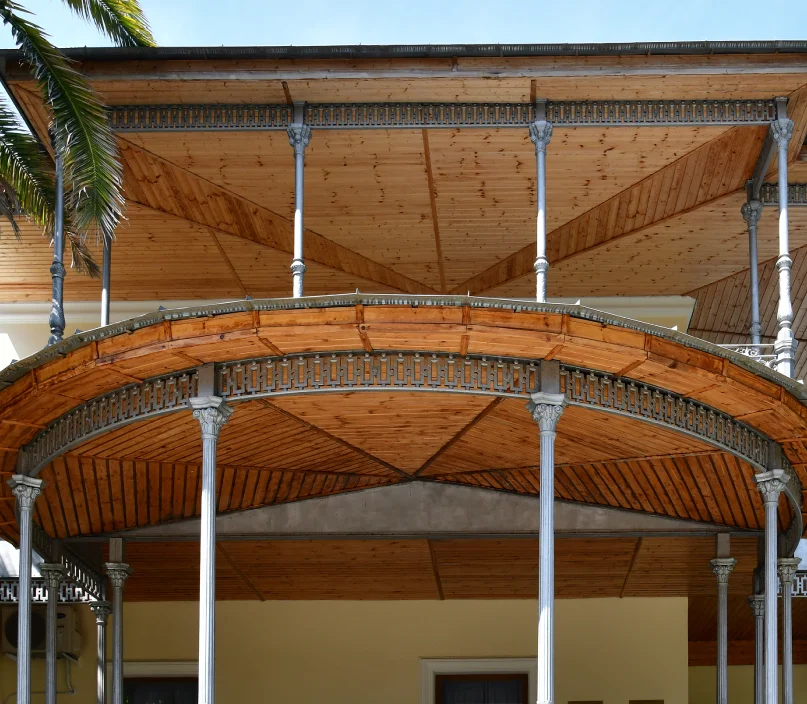
3. Fences
Cypress wood fences are not only durable but also beautiful. The natural resistance to rot ensures that your fence will maintain its strength and appearance for years without requiring frequent repairs or replacement.
4. Outdoor Furniture
Cypress wood’s natural resistance to decay and insects makes it perfect for outdoor furniture, such as benches, tables, and garden structures. Its durability ensures that outdoor furniture made from cypress can last for many years, even in regions with harsh weather conditions.
Can You Paint Cypress Wood?
Yes, you can paint cypress wood. However, due to its natural oils, it is important to follow proper preparation steps to ensure a long-lasting finish:
- Clean the Surface: Before painting, clean the wood to remove any dirt, dust, or debris.
- Prime the Wood: Cypress wood’s natural oils can interfere with paint adhesion, so using a high-quality primer is essential. Look for primers specifically designed for softwoods like cypress.
- Use Quality Paint: Once primed, you can apply exterior-grade paint or stain, depending on your preference. Both options will protect the wood and enhance its appearance.
- Maintenance: Over time, painted cypresses may need to be touched up or repainted, especially if exposed to harsh weather conditions. Regular maintenance will help preserve the paint and protect the wood underneath.
By properly preparing and maintaining cypress wood, you can achieve a beautiful, painted finish that enhances its durability and aesthetic appeal.
Where to Buy Cypress Wood
Cypress wood is widely available at lumber yards, specialty wood suppliers, and online retailers. If you’re looking for top-quality cypress wood for outdoor construction projects, consider sourcing it from Brazilian Lumber, a trusted provider of premium decking solutions. Brazilian Lumber specializes in importing high-quality tropical hardwoods, including cypress, and offers a variety of sizes and cuts for your specific project needs.
Conclusion
So, does cypress wood rot? The answer is no, cypress wood is naturally resistant to rot, making it an excellent choice for outdoor construction. Its durability, beauty, and low maintenance requirements make it ideal for decking, siding, fences, and more. Whether you are building a new deck or enhancing your home’s exterior with siding, consider using cypress wood for its remarkable resistance to the elements and long-lasting appeal.



